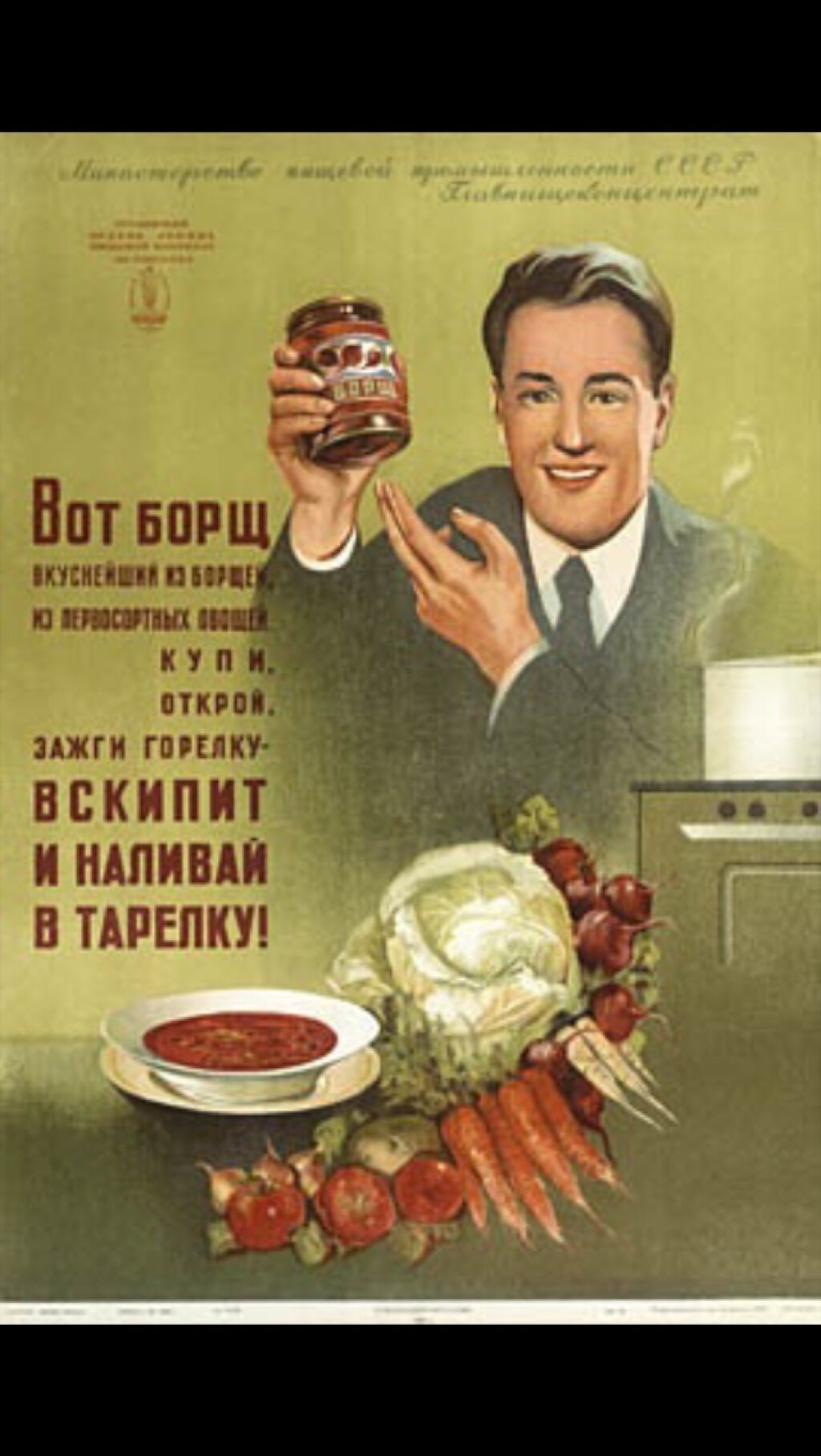This post is part of Chapter 3 of Russia’s Alien Nations: The Secret Identities of Post-Socialism, an ongoing feature on All the Russias. It can also be found at russiasaliennations.org. You can also find all the previous entries here.
An earlier version of part of this chapter was originally featured on plostagainstrussia.org, as Chapter Four. It was not included in the final manuscript.
The Orc, like the right-wing ideology behind him, has needed time to move from the margins to the mainstream. The best of his earliest champions, such as Kirill Eskov (The Last Ringbearer) rehabilitated him with the light touch of authors more concerned with plot and aesthetics than with explicit ideology. Yarovrat and the online community that interacts with him are relatively self-contained; if Yarovrat’s ideas migrated beyond his circle of interlocutors, they most likely did so without any attribution to Yarovrat himself or to his wider project.
Given time, however, the Orc would be taken up by writers and performers with a much broader appeal, all of which would facilitate the appropriation of the “Orc” epithet after Russia’s seizure of Crimea (a topic to be addressed two posts from now). Which brings us to Mikhail Elizarov.
Of all the nationalist, right-wing authors discussed in this blog so far, it is Elizarov who has been most successful at tempering ideology with talent. Though his 2003 novel Pasternak caused a minor scandal for its reinterpretation of the (ethnically Jewish) Russian poet as a demon, much of his later work makes fewer ideological requirements on his readers. For example, his 2007 novel The Librarian (translated into English by Andrew Broomfield in 2015), in which the nearly forgotten books of a tedious, but prolific socialist realist writer turn are revealed to grant magical powers to anyone who reads them in one sitting, manages to turn the theme of Soviet nostalgia into something of a magical treasure hunt, like Harry Potter searching for horcruxes.
Structurally, it transforms the familiar post-Soviet gang war plot into a battle among “libraries” desperate to accumulate as many original copies of the book as possible. While Elizarov’s nationalist views are well-known, the novel’s contents contain enough ambiguity about the role of Soviet relics to facilitate readings that might run counter to the author’s ideology.
But Elizarov is also a musician, working in a style he calls “bard/punk/chanson.” His songs, though clever and playful, are ideologically something of a blunt instrument. His 2014 “Orc Song” (“Оркская”) is no exception.
The full Russian text is easily available on-line, as is a video of Elizarov performing the song on YouTube. I’m including my English translation below, with the caveat that Elizarov’s original rhymes, scans, and is generally clever, while my version is blunt and prosaic:
“Brother, remember how we crushed the Elfin scum,
How their wicked hordes fled to the west.
How our regiments pulped the filth of Gondor.
So that white-stoned Mordor would shine more brightly.
And set an example of fearlessness for all to see,
Under the stern chorale of jets
Piggyback on their fleet-winged chimeras
Our red-starred nazguls flew.
The Gandalf Youth fell to Orcish swords.
Though they begged their enemy for mercy, gasping.
Heedless of losses, eyes never shut,
The steel cohorts of Uruk-Hai’s warriors
Passed through the planes of Rohan, through the hell of Moria.
The last Elfin destroyer sank
In the river Anduin. The gloomy Osgiliath
Was seized by the jarheads of the Goblin division.
Can such a thing simply be forgotten?
The beaten tubular trunk of the Elephant
Or the hurdy-gurdy dance on Minas Tirith square
Performed by a hobbit who’d pissed his pants?
We chopped down the Ents to kindle out bonfire,
Doors and windows were thrown wide open,
And the marauding gnome prayed and swore,
While the little Elves moaned, “O, das ist fantastisch!”
Thus ended the war’s bloody phase.
We won, and all that was left were the details:
Trying the wizard and the criminal Elfin High Command
Before an impartial Mordor Tribunal.
And our sentence was rather humane:
Kolyma. Only Gandalf and Aragorn
Did just Mordor sentence to death
Mostly for taking part in faggot porn.
But disaster struck, and our teacher and leader,
Our General Secretary Sauronich got fucked up one day
And fell into a volcano, and burned to a crisp,
And the ring’s omnipotence dissolved in the volcano.
And now began a time of troubles and doubts.
The shameful wolves recovered and grew stronger.
That was when a Zionist Silmarillion named Tolkien
Threw together his unprincipled talmud.
Historical truth vanished that day.
Since then we have lost the ridges, plateaus, and shelves
And now unbeatable Mordor
Is conquered by Rohanites, Jews, and Elves.
It’s all over. You wouldn’t wish it on your worst enemy.
We’ve made out peace, making our homes in the far-off margins.
Outside, on the melting snow,
A hobbit has pissed out the words: “You aren’t Orcs anymore!”
We’ve read The Lord of the Rings from cover to cover,
With baited breath while we learned all the lies.
Or course our Mordor is totally fucked
Because we are no longer Orcs!”
Recall our earlier discussion of the competing geopolitical readings of The Lord of the Rings: the anachronistic equation of the Orcs with the Soviets/Russians and the more historically grounded connection between LOTR and World War II (not to mention Tolkien’s own disdain for all political interpretations of his work). Ingeniously, Elizarov is having it both ways: the Orcs are the Russians/Soviets, but the initial conflict appears to be World War II (the Elves speak German, for instance).
By the end of the poem, the humiliated post-Soviet Russia is the victim of a fascist restoration, in which the NATO powers are the heirs apparent to the Nazis. But that is not all. The real villains of the piece appear to be the Jews and Zionists (including Tolkien himself), while the European Elves are, of course, decadent and effeminate (“faggot porn”).
The song is an implicit call for the renewal of Orc pride; that is, Russia has lost its way by trying to please the “Rohanites, Jews, and Elves” who have conquered it. In The Librarian, Soviet nostalgia was a force of nature, granting power to anyone regardless of ideology. In this song, Elizarov appropriates the Orc meme to root that nostalgia in strength, violence, and savagery.
Next: Off the Reservation



